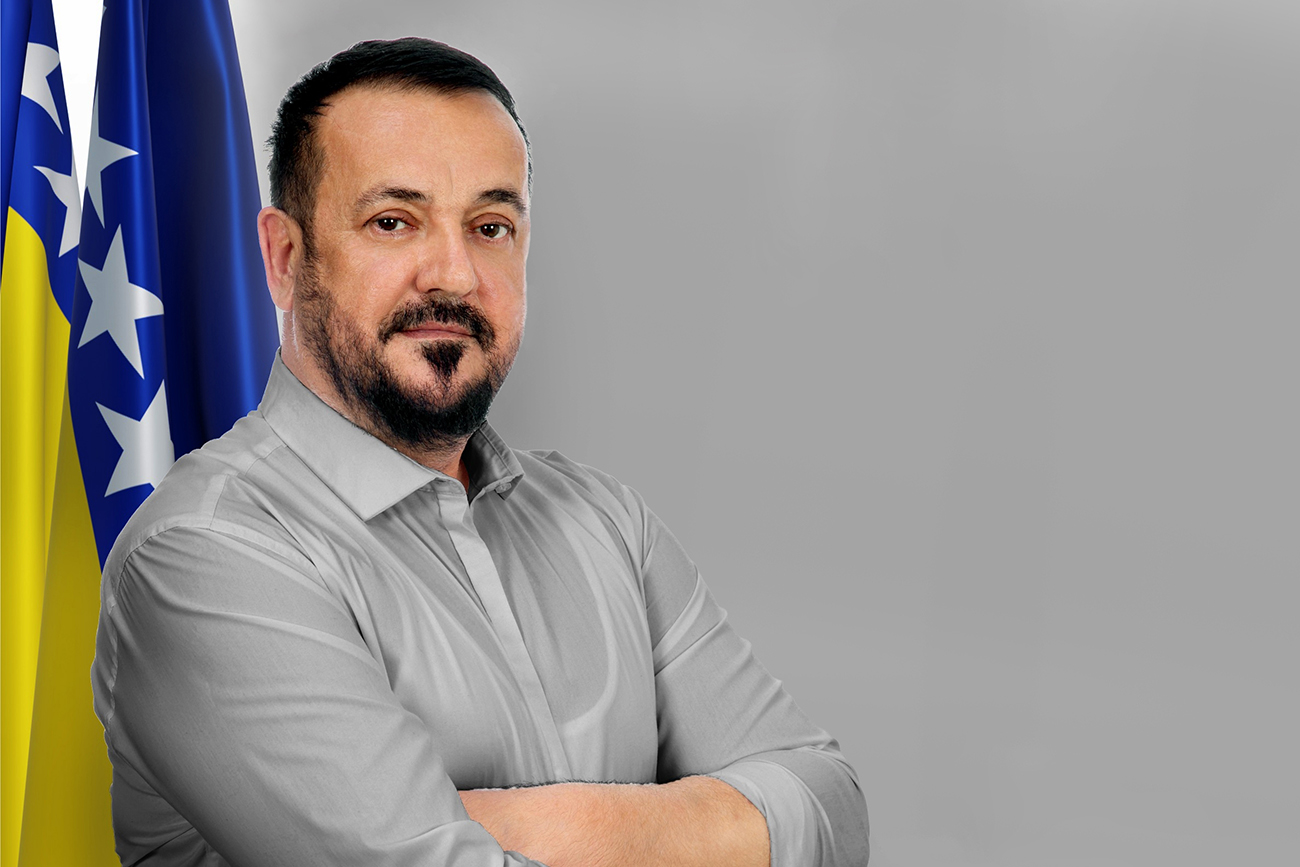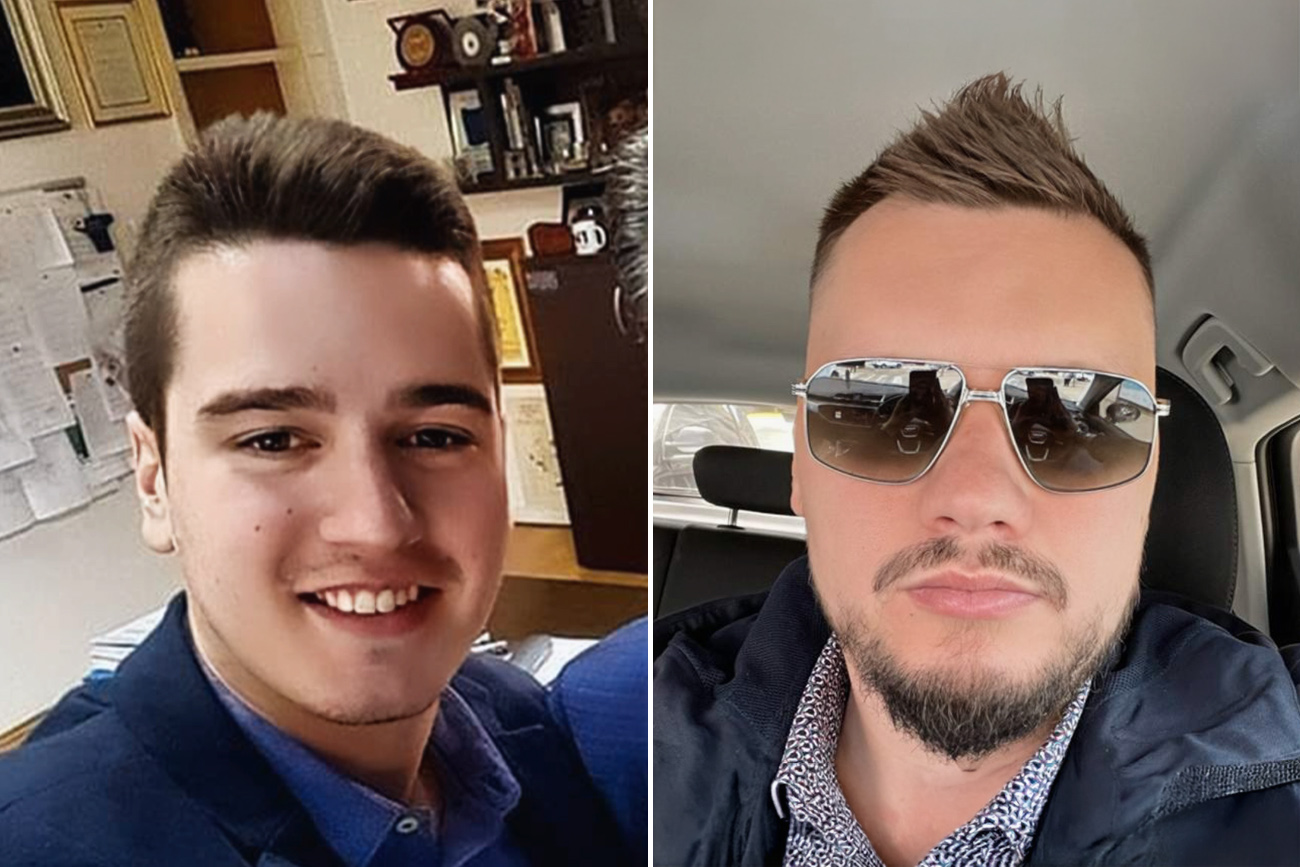Current donors did not contribute toward the €14.5 million state prison the officials maintain is essential to housing war crimes suspects. And officials along with some donors are pressing for a speeded-up transfer out of internationals who earn the highest court salaries and require expensive support.
Court officials had hoped to raise at least €42 million for the War Crimes Chamber and prison at a donor’s conference in March and more for work reforming cantonal and district courts. In 2003 donors had pledged to support the state court for five years. But only about €7.7 million was pledged at the Brussels’ meeting. Sweden has since given €2 million more, but attached conditions to the pledge.
The money is enough to operate through 2007 with steep cuts. The state court plans on spending €22.3 million in international funds this year. Next year, that support will drop by more than half and by 2009 support could be under €5 million euros. The funding drop could mean a decrease in staffing from 263 right now to 78 at the end of 2009, although salaries for some of these workers may be moved to the state-funded budget.
The cuts and lowered expectations are forcing a dramatic change from the expansion the court administration saw over the past two years directed by Michael Johnson, an American who served as court registrar. That expansion went far beyond what international planners had projected for the one-of-a kind new court.
William Potter, now retired, but a deputy to former High Representative Paddy Ashdown, helped to draft those plans. Potter said he and a colleague plotted an organization with just 35 local administrators, including a security detail plus a small number of international prosecutors. International judges were to be paid directly by their own countries.
‘We never contemplated there would be any international presence in administration’ Potter said.
Johnson, however, hired more than 260 people, including 58 internationals, to do such work as accounting and computer support.
‘He created a structure that was spending too much time dealing with paperwork, and not enough time in courts, running trials’ Potter said. ‘I think that such bureaucracy is absurd.’
Potter said the court lost two years creating a ‘mini-Hague’, instead of using the money more wisely.
Johnson refused to talk to a reporter from the Center for Investigative Reporting in Sarajevo (CIN).
Donors, however, are careful not to criticize Johnson or the court. They emphasize instead the difficulties of starting up a new institution and building infrastructure.
Americans, who have given the most money for court operations, say a ‘different budget climate’ means there is just less money for them to give now for all kinds of projects. The British, the next-biggest donors, downplay their failure to pledge new money in Brussels for the court, noting that they will be paying for an international judge for two more years.
The donor pressure on the court to cut staff and budgets means, though, that they are pushing the court back toward the model Potter and OHR developed. They have made clear that not only are they giving less, they want more results.
The Swedish government conceded to a second appeal after the Brussels conference, but only with the stipulation that the court submit detailed budgets on how money had and would be spent. Americans want more information, according to Lisa Gregory, first secretary for political affairs at the embassy, showing that court officials are actively working to reform the entire justice system including revamping local courts.
State court officials have not completely given up on Johnson’s vision in the face of the cutbacks. They have begun approaching South Africa, which supports peace efforts, and what they hope will be sympathetic wealthy governments in the Gulf States.
Gregory said donors including the United States had encouraged BiH to try to raise money from different donors instead of asking for more from the old donors. She said she was unaware of any positive results so far. She admitted that donors had left the court without enough money to carry out plans beyond 2007.
Johnson has enlisted in the new fund-raising effort. He left the registry this spring two years into what had been a five-year appointment to the court.
Slobodan Kovač, BiH minister of justice, said he hoped Johnson would be able to use his contacts especially in the United Arab Emirates.
The Gulf countries, he said, ‘are the only hope for state court survival. Old donors are unhappy with the way money was spent.’ He said the British by failing to make a new pledge ‘showed in a mild manner that they are not happy with how the funds they donated before were spent.’
The largest donors, however, including Americans and British say that international judges will continue to have a role in war crimes cases. The U.K. and OHR dismissed objections from the court president recently and renewed a contract for British judge Malcolm Simmons.
Gregory said the Americans hoped to see the international justices serve as mentors to their local counterparts, guiding them in matters of criminal court procedure.
Kovač, said international judges would continue to play an important role in big and politically charged cases. But, he acknowledged, that would take continued international support.
He has formed a strategic planning committee in the Ministry of Justice in order to answer some of the donors’ complaints. It may also help in approaching new governments for donations.
Husein Panjeta, BiH ambassador in Qatar, said he believes that government will contribute. BiH ambassador Milutin Vasiljević in the United Arab Emirates, Razim Čolić in Saudi Arabia and Šerif Mujkanović in Kuwait agreed that money might be available from those countries as well, but all agree that they’ve gotten too little additional information after Brussels on what plans BiH has for spending new donations.
One other thing might help bring in contributions – trials.
Court officials have been promising that trials would get underway in numbers since January 2005. Three trials have been completed in the War Crimes Chamber of the State Court of BIH, counting one case brought by the Organized Crime Division of the court.
As Potter put it, the Court ‘must start processing cases and show that they can do it, and they are already very late. That is the concern.’






